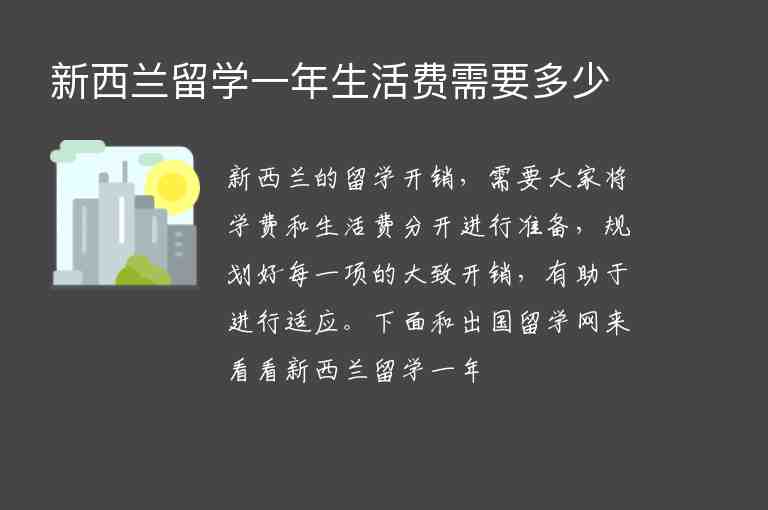family是指由父母和子女组成的一个家庭,也可以指一个家族或者血缘关系相近的人们。在日常生活中,family通常指代亲属关系,也可以指代一个温暖、和谐的家庭环境。
Family refers to a group of people consisting of parents and children, or can also refer to a clan or a group of people with close blood ties. In daily life, family usually refers to relatives, as well as a warm and harmonious family environment.
怎么读(音标):
英 [ˈfæməli] 美 [ˈfæməli]
用法:
1.作为名词使用,表示一个家庭、家族或者亲属关系。
2.常用于短语中,如family tree(家谱)、family member(家庭成员)、nuclear family(核心家庭)等。
As a noun, it means a family, clan or relationship between relatives. It is often used in phrases such as "family tree", "family member", "nuclear family", etc.
例句1-5句且中英对照:
1. My family consists of my parents and two siblings.
我的家庭由父母和两个兄弟姐妹组成。
2. Family is the most important thing in my life.
家庭是我生活中最重要的事情。
3. We're having a big family reunion next week.
下周我们将有一次大型的家庭聚会。
4. She comes from a wealthy family.
她出身于一个富裕的家庭。
5. Family ties are important for maintaining a sense of belonging.
家庭关系对于维持归属感很重要。
同义词及用法:
1. household:指一个住在一起的人们,也可以指家庭。
2. kin:指血亲关系,也可以指家族或者亲戚。
3. relatives:指各种亲属关系,包括父母、兄弟姐妹、姑叔表等。
4. clan:指一个大型的家族,通常有共同的祖先。
5. tribe:指一个由血缘关系或者文化在一起的群体。
household: refers to people living together, can also refer to a family.
kin: refers to blood relationship, can also refer to a clan or relatives.
relatives: refers to various relationships between relatives, including parents, siblings, aunts and uncles, etc.
clan: refers to a large family with a common ancestor.
tribe: refers to a group of people connected by blood or cultural ties.
编辑总结:
family作为一个常用词汇,在日常生活中经常被使用。它可以表示一个小型的家庭,也可以指代更大范围内的亲属关系。在写作中,我们可以使用一些同义词来替换family,以避免重复使用。此外,在介绍family时,可以举例说明其重要性和意义,在概念上更加生动形象。最后,需要注意的是,在使用family时要注意上下文,避免歧义。

